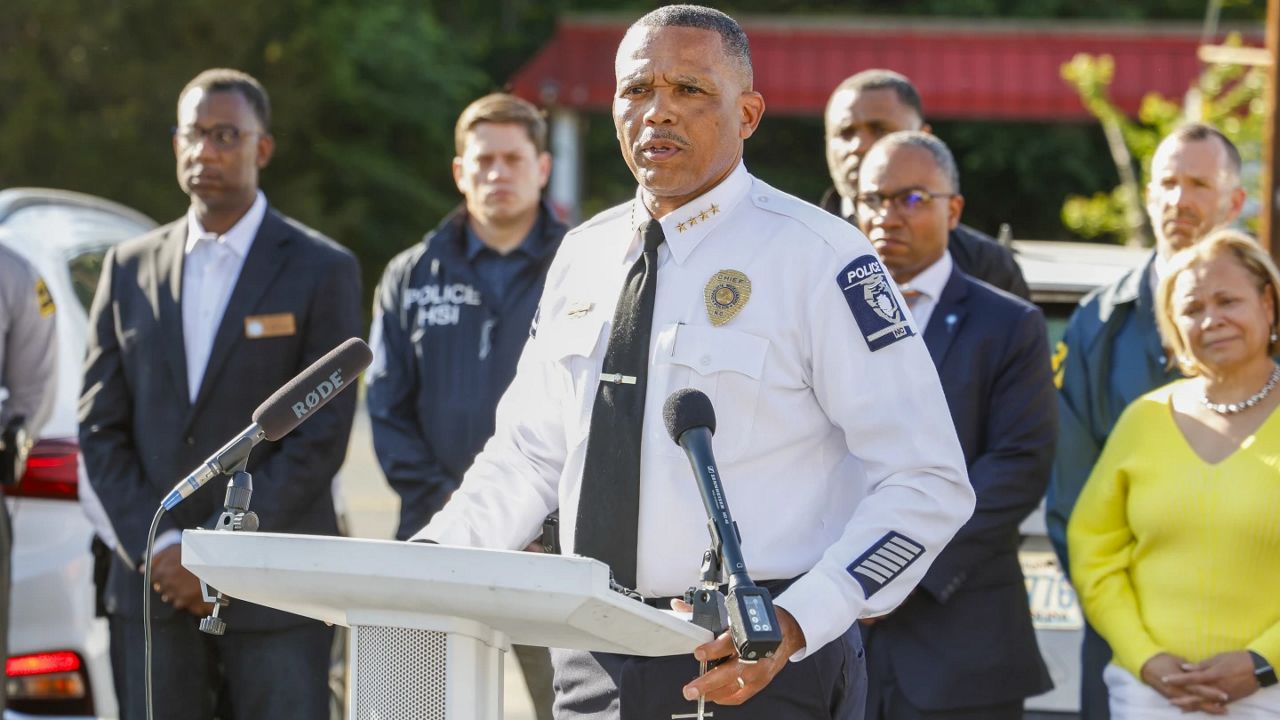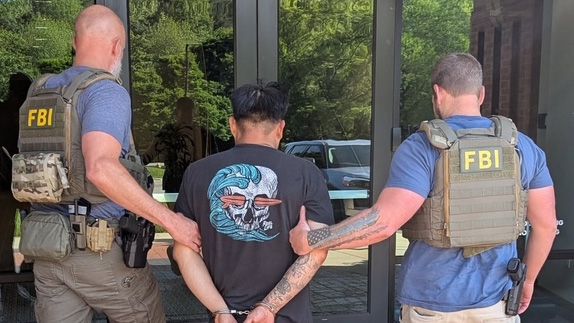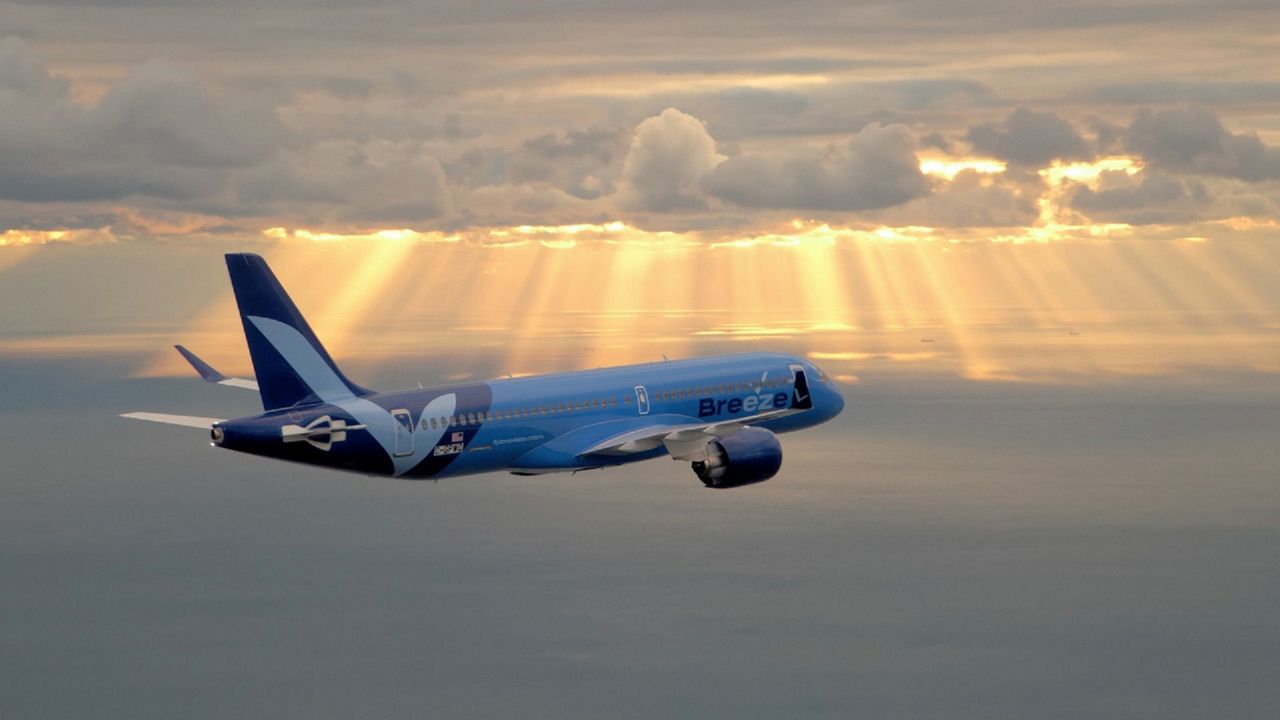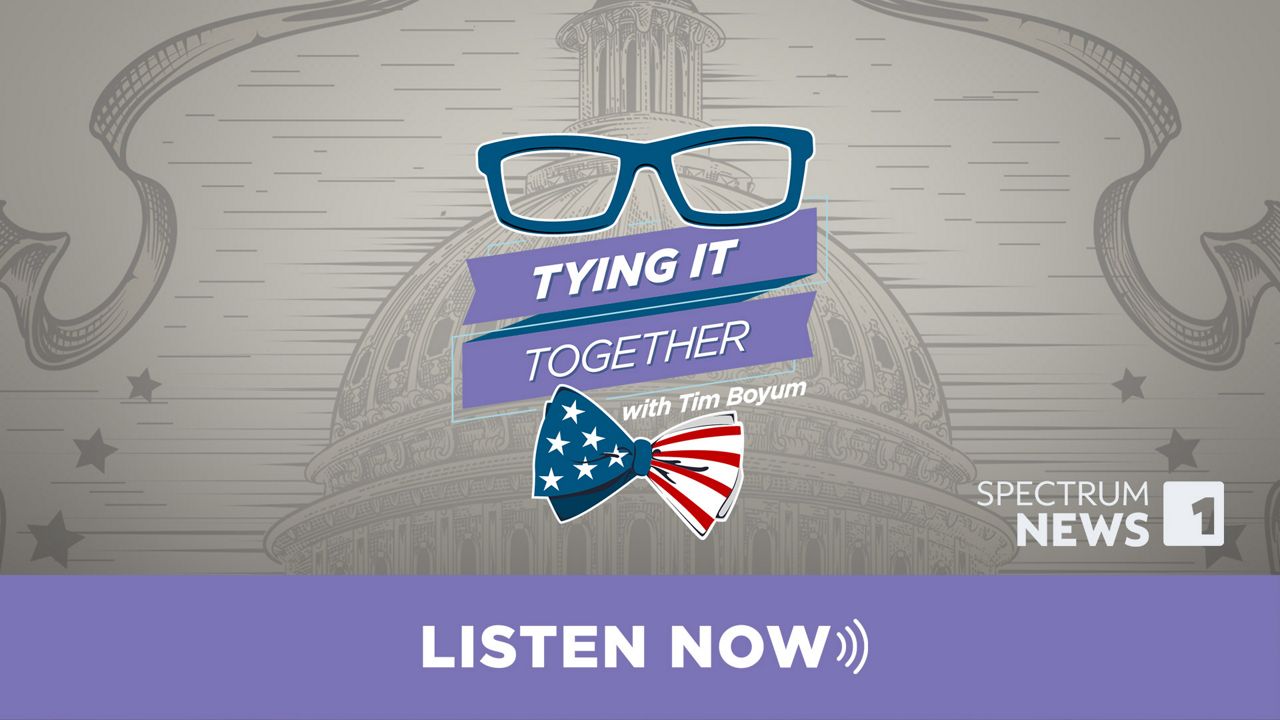BOILING SPRINGS, N.C. — A university professor is remembering the late Pope Francis for his bold efforts to unite Christians of different denominations.
Steven Harmon is a professor of historical theology at Gardner-Webb University in Boiling Springs, North Carolina.
Harmon, a Baptist, met Pope Francis through his work with the Baptist World Alliance.
“During our week of Baptist-Catholic [international] dialog in Rome, we had this private audience at which we were introduced one-by-one to Pope Francis,” Harmon said.
Many Christians are mourning the loss of the Christian world leader.
The pope died Monday, nearly two months after being hospitalized with double pneumonia.
“I have a mixture of grief and warm memories of the encounters I had with him,” Harmon said. “I immediately thought about my prayers for not only my Catholic sisters and brothers but all Christians and indeed all people of the world. Pope Francis in various ways meant significant things to all those groups.”
Harmon published a column in the website Baptist News Global, "Remembering the People’s Pope," spotlighting Francis’ legacy.
The article includes the role Francis played in helping to unite Christians worldwide.
“Pope Francis was keenly interested in fostering dialog between different groups but especially between Christians who are divided from each other in various ways,” Harmon said.“Pope Francis was keenly interested in fostering dialog between different groups but especially between Christians who are divided from each other in various ways,” Harmon said. “I was grateful to have been one of the beneficiaries of his interest in Catholics finding ways to live into unity as the one body of Christ with their Baptist brothers and sisters.”
Harmon mentions a few reasons attributed to the long-rooted Christian divisions.
"Some of them had to do with different ways that different Christian traditions and different parts of the world have developed,” he said. “Some reasons are specifically theological; we [can] have different doctrinal understandings of our faith that sometimes conflict. Some of the reasons are political and sometimes unfortunately they mirror the politics of the societies in which the church lives.”
Harmon’s column references actions Francis took to bring Christians together, which included speaking openly of people doing God’s work — even those not Catholic.
“When [the pope] was invited early in his papacy to address the joint session of Congress in the United States, he mentioned a number of significant Christians, three in particular,” Harmon said. “Two of them were Catholic but one of them was a Baptist who had exemplified the kind of justice God seeks in the world and [who was] seeking God’s justice — Dr. Martin Luther King Jr.”
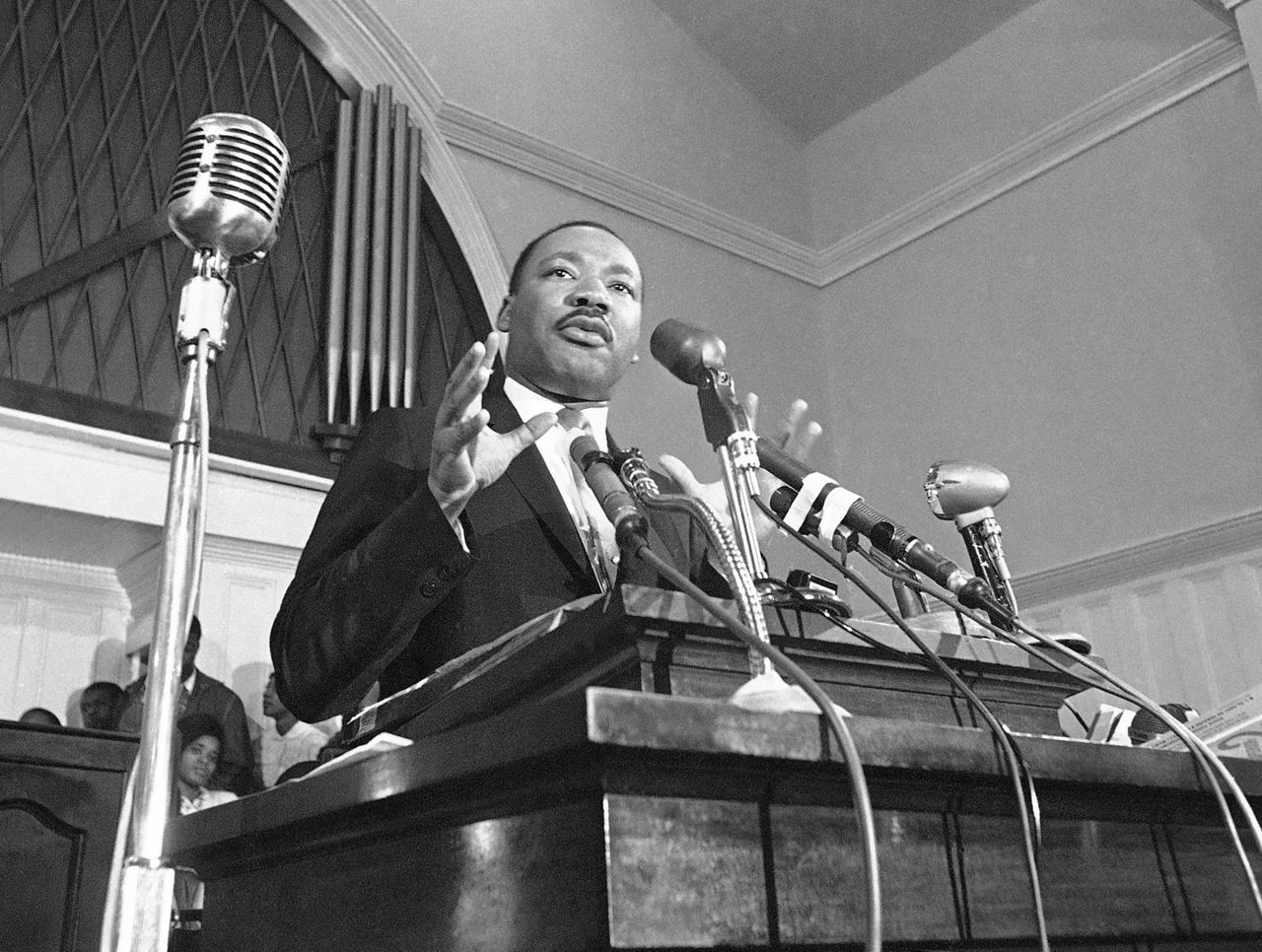
Many feel the late pontiff's efforts to unite communities were rooted in wanting Christians to collectively focus on pressing issues, such as poverty.
“He was keenly interested in the church being on God’s side, which is the side of the poor, in working for their economic justice and liberation," Harmon said.
For now, Harmon said there’s still work to do among faith communities to continue the pope’s work.
“On the one hand, there are many Christians throughout the world who are living into Pope Francis' vision of economic justice, justice for the poor. On the other hand, we sometimes seem to be taking a step back and looking only into our own interests,” Harmon said.
“Pope Francis gives us a vision for looking beyond our own interests and being interested in the people God is interested in, everybody, and especially the poor,” Harmon said.
Harmon encourages honoring the pope’s legacy by seeking to be people of goodwill in the world.
“I hope that all people, whether they are Baptist, Catholic, some other Christian tradition, [another] religious tradition or no tradition at all, might appreciate Pope Francis as a man of humility, committed to humble service,” Harmon said. “He was a person of prayer and the servant of God’s people and of God’s world.”
“I hope people can see those as things that he models that are the way of Jesus Christ, that they can model and take up themselves,” Harmon said.
Pope Francis’ funeral begins at 4 a.m. Saturday in Rome.








